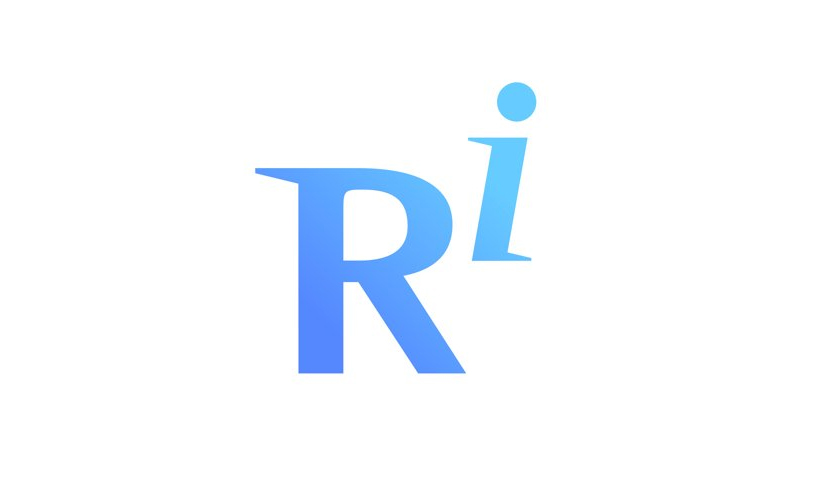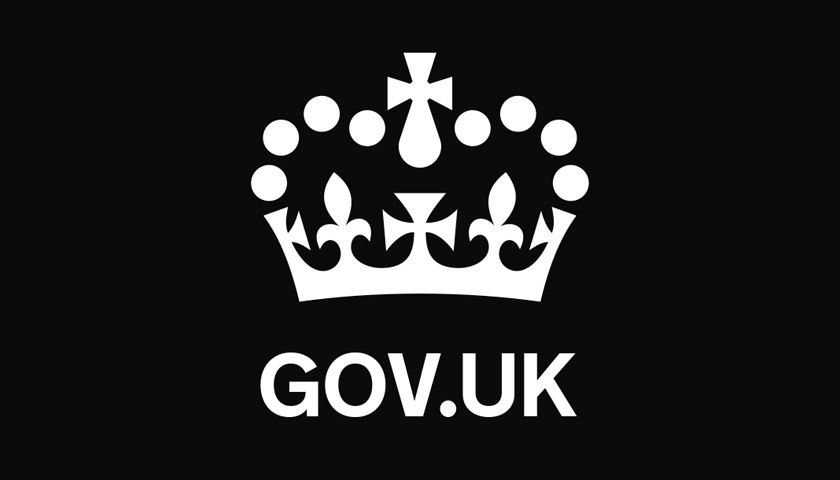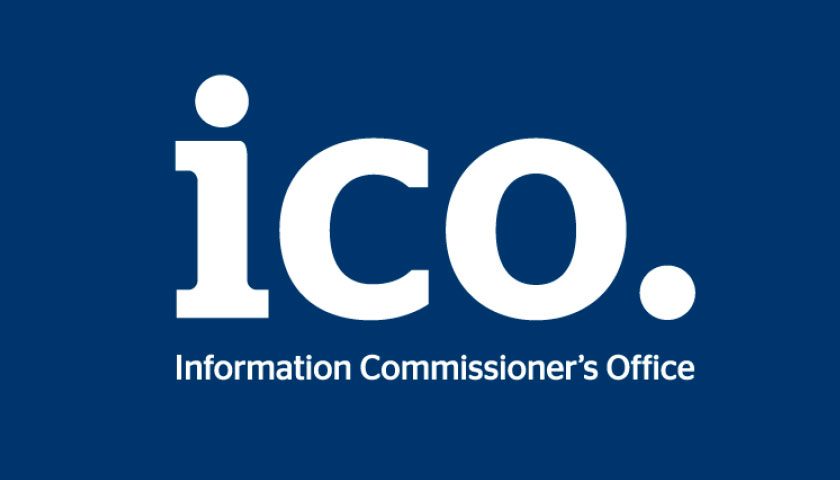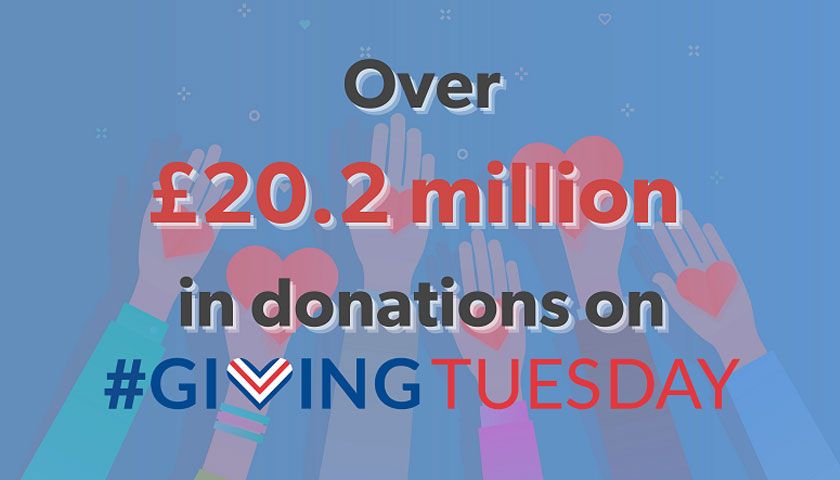Rolex, Lego and Bosch have topped the UK RepTrak® 150 ranking for the most reputable companies among the UK general public, Reputation Institute announced today, based on more than 31,000 ratings collected in the first quarter of 2018 from members of the UK general public. See the top ten ranking, and biggest winners and losers in tables below.
SUPPORT FOR UK COMPANIES TUMBLES
The reputation of companies operating in the UK has declined for the first time since 2008, when the financial crisis destroyed the reputation of financial services and big business in the UK.
From 2017 to 2018, the 2018 UK RepTrak reveals there has been an overall decline in supportive behaviour expressed by consumers for UK companies. The most significant drop is the UK’s willingness to provide companies with the benefit of the doubt (-13%) followed by a 11% decrease in consumers saying something positive about an organisation and a 10% decrease in their views around companies’ investments and trust to do the right thing.
| Supportive behaviour | 2017 | 2018 | Change |
| Benefit of doubt | 40% | 27% | -13% |
| Say positive | 48% | 37% | -11% |
| Invest | 34% | 24% | -10% |
| Trust to do the right thing | 47% | 37% | -10% |
| Work for | 37% | 28% | -9% |
| Welcome to neighbourhood | 47% | 38% | -9% |
| Recommend Company | 47% | 38% | -9% |
| Buy | 52% | 45% | -7% |
As the table below highlights, governance and citizenship are qualities that have the biggest impact on reputation after products and services:
| Reputation drivers | Their impact on reputation |
| Products & Services | 20.3% |
| Governance | 17.2% |
| Citizenship | 15.5% |
| Innovation | 12.4% |
| Leadership | 12.2% |
| Workplace | 11.2% |
| Performance | 11.1% |
Harry Foster, Reputation Institute Director of Consulting, comments: “Neutrality or uncertainty around companies’ governance and citizenship initiatives means that despite significant investment in this area, these programs and initiatives are not resonating with people. In addition, the growing perception is that companies are not communicating often, or providing sufficient information about what they are doing. It’s harder to stand out from the crowd, and harder to appear genuine about what you say and do”.
UK CORPORATES COMMUNICATE POORLY WITH CONSUMERS
Brand ‘expressiveness’ has experienced the most noticeable decline across all other metrics since 2017, with consumers stating that companies do not communicate effectively or stand out from the crowd. There has been a significant decline in the beliefs of respondents in the following areas:
| Statement about UK companies | 2017 | 2018 | Change |
| Welcomes open discussion with outside audiences about its activities | 28% | 15% | -13% |
| Provides sufficient information about its activities | 35% | 22% | -13% |
| Communicates often | 31% | 19% | -12% |
| Stands out from the crowd | 46% | 34% | -12% |
| Appears genuine about what it says and what it stands for | 48% | 36% | -12% |
| Delivers a consistent experience | 54% | 42% | -12% |
WINNERS
Companies are scored between 0-100 points and are grouped as Excellent (80+), Strong (70-79), Average (60-69), Weak (40-59) or Poor (Below 40).
There has been a substantial change at the top of the rankings with 50% of the top ten companies different to last year. Swiss watch maker Rolex has stormed into first place, beating Lego to the top spot by 0.7 points. Bosch (85.1), Nintendo (84.9), Amazon (83.1) and The Walt Disney Company (82.4) also made the top 10 for the first time, knocking the likes of Michelin, Intel and PayPal off the list.
The top 10 companies in the 2018 UK RepTrak®, who are all considered to have an “Excellent” reputation are:
1. Rolex
2. LEGO Group
3. Bosch
4. Dyson
5. Nintendo
6. Rolls-Royce Aerospace
7. Sony
8. Amazon.com
9. Samsung Electronics
10. The Walt Disney Company
The RepTrak® system measures both the emotional connection a consumer has with a company (RepTrak Score) and a company’s ability to deliver on stakeholder expectations on the seven key rational dimensions of reputation: products and services, innovation, workplace, governance, citizenship, leadership and performance.
BIGGEST MOVERS OF ALL COMPANIES POLLED
| The following companies have seen the largest improvements from 2017 to 2018: | The below companies have seen the largest declines from 2017 to 2018: |
| • L’Oréal (+10.9)
• Merlin Entertainments Group (+9.7) • Nintendo (+8.6) • Amazon.com (+8.3) • ASDA (+8.1) • Wickes (+7.8) • Severn Trent (+7.3) • EE (+6.8) • Greggs (+6.7) • Sports Direct International (+6.7) |
• Delta Air Lines (-11.4)
• Uber (-11.2) • Ryanair (-10.6) • LinkedIn (-10.3) • 888 Holding (-10.1) • Sanofi (-8.8) • RSA Insurance (-8.7) • Whirlpool (-8.7) • Intel (-8.1) • Vodafone (-7.9) |
Harry Foster comments, “It is fascinating to see companies like Merlin Entertainments Group (in the wake of the Alton Towers ride injuries), Amazon (following a data breach scandal in 2017), and Sports Direct (following the ‘Victorian workhouse’ scandal) be amongst this year’s biggest movers.
“For those including Uber, Ryanair and betting firm 888 who were amongst those to have suffered the greatest reputational declines since 2017, following well-documented leadership and abuse-of-trust issues, it should be something of an inspiration. Where companies are prepared to make genuine change to better themselves, and communicate this effectively through the right channels, they can rebuild their reputations and rebuild consumer trust.”
WHY REPUTATION MATTERS
Reputation Institute’s research reveals that reputation drives business results. The better the reputation the more support a company receives. For companies with an average reputation only 18% would buy the products; this grows to 33% if the reputation is strong, but increases to 72% if the reputation is excellent. “Our data indicates that corporate reputation has a strong impact on business success – those companies who actively manage reputation do better. A strong to excellent reputation yields significantly more stakeholder support for a company, which translates into competitive advantage in the marketplace,” say Harry Foster.
UK companies’ reputations must be considered “excellent” by consumers to have more than 50% of those surveyed claim that they would say something positive about a company, recommend its products, trust it to do the right thing, welcome it into the local community, work for or invest in it.



